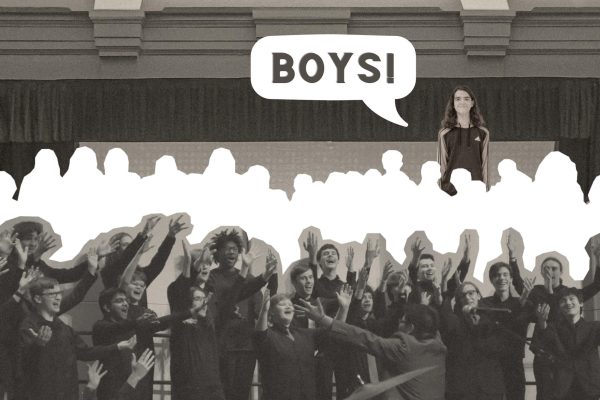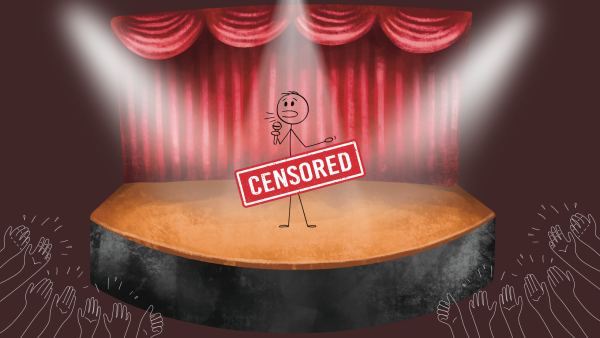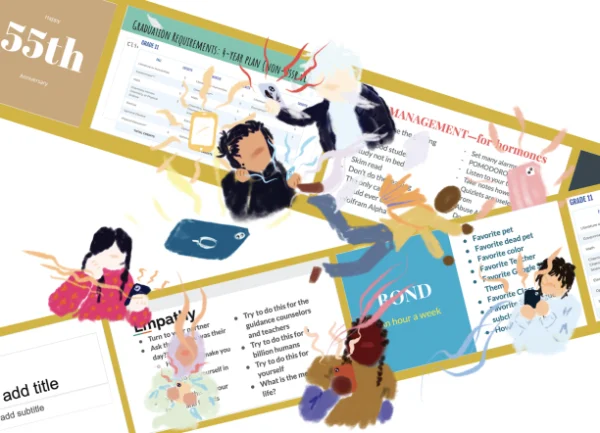Person of privilege: the Trump card
One WSS reporter shares his opinion on how privilege has shaped the Trump Whitehouse.
Reporter Ken Wilbur ’20 discusses privilege in his column.
The debate over privilege is a staple of the political divide in the United States. The word itself has become a battleground of ideologies and worldviews that has stretched far beyond the world of politicians and pundits to that of everyday Americans. For many, the word acts as recognition of injustices carried out against them, while for others it feels like a personal attack against them. Historically almost no one would deny their privilege, whether it be due to socio-economic status or race, can only take someone so far. However, in recent years the election of Donald Trump has given new meaning to the word.
To understand how Trump has affected privilege, it is important to first look at the privileges he himself has enjoyed during his life. Born into an extremely wealthy family, Trump attended private schools until going to The University of Pennsylvania, an Ivy League school. In his early business career he enjoyed the constant financial assistance of his father whose own personal riches much facilitated Trump’s own finances to grow. Being a white, cisgender male, Trump has lived a life without threat of sexism, racism or homophobia. Often coming off as light-hearted or even comical, he has had the privilege of not being viewed as a threat.
Trump has enjoyed what would be thought of in the classical sense as the epitome of privilege in the United States, but it doesn’t stop there. Trump’s greatest privilege comes when all the others combine: the ability to be Trump. It is his privilege that allows him to say what he says and do what he does without any repercussions.
Trump has had countless scandals during his time as a politician, with each new incident leaving his detractors calling it the last straw. When the Access Hollywood tape was released to the public during the 2016 election, his critics thought he could no longer be considered for election. The Mueller investigation, which has arrested four of Trump’s former associates to date, would have sent any other president into a panic. Trump even said, “I could go and stand in the middle of 5th Ave and shoot somebody and I still wouldn’t lose any voters.” Any of these scandals should have been enough to dishearten even his strongest supporters. But they did not. Because in 2018, what you say and what you do in real life no longer matters.
Trump’s privilege allows him to sell himself as an idealized image of success, so much so that his words and actions are rendered meaningless. Accordingly, no matter how many negative stories are run, late night jokes are told or embarrassing videos are released, his support will remain steadfast. Trump’s privilege allows him to sell himself as an idealized image of success, so much so that his words and actions are rendered meaningless. — Ken Wilbur
This type of loyalty to a singular person, over ideas or actions, is unprecedented in American political history, and could cause some serious issues. But it is difficult to pin down exactly what has caused American voters to support someone like Trump. Maybe it is the decrease in religious and morally-driven voters. Maybe it is the polarization of the political landscape. Maybe it is the starkly uneven growth in the economy in recent years. But one thing is for certain: Trump could not have exploited the situation so successfully if it were not for his privilege. Born a rich white man, his persona of success provides clarity in the subconscious minds of Americans and is what allows him to say things that others of different race, gender or socioeconomic status cannot.
Your donation will support the student journalists of West High School. Your contribution will allow us to purchase Scholarship Yearbooks, newsroom equipment and cover our annual website hosting costs.

Ken Wilbur is a senior at West and a third-year staffer on West Side Story. While not recording podcasts or writing articles, Ken can be found running...
















